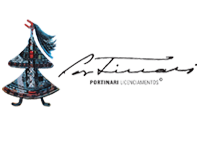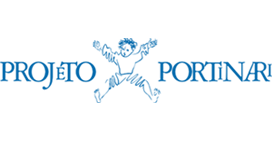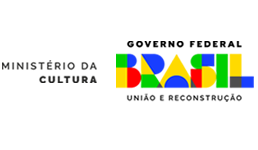General Info
Birth in Brodósqui; studies at a catholic school; leaves for Rio with Candinho at 13; Portinari’s hardship in Rio de Janeiro; childhood fear; death of youngest brother; "Nonna"'s stories; memories of uncle Bepe; Candinho’s fondness for movies; the "Nonna" of Jardinópolis; the family’s financial difficulties; his father’s goodness; praise for his mother; frequent trips to Jardinópolis with his mother; helps father at the chair factory; Zé leaves for Rio in 1933; learns to be a cobbler with brother Paulino; travels to Rio with Candinho; trip to Washington; the habit of working; works at Candinho’s studio; his brother’s short temper; Portinari’s love for his own family; Bianco’s ability in dealing with Candinho; Maria; Portinari’s passion for painting; the separation of Maria and Portinari; outings with João Candido; Portinari’s pleasure in receiving friends; Maria's maneuvers in favor of her brothers-in-law; the material used by Portinari for painting; the exhibition at the Museu Nacional de Belas Artes/MNBA in 1943; trip to Paris; the publishing of “Cheiro da Terra” by Caio Mello Franco; Sociedade dos Cem Bibliófilos; Candinho’s studio care and cleanliness; intimacy with Portinari’s intellectual friends; Portinari’s thorough research prior to starting any work; the difficulty in doing frescoes; Portinari’s stories; Portinari’s capacity for work; the pleasure of working with his brother; the opportunity of learning how to sculpt in Washington; meeting Maria Clara Machado; Candinho’s quarrel with the ambassador in Washington; Portinari paints Rockefeller’s portrait; premonition of death in Portinari’s poems; the "Biblical Series"; the artistic rivalry between São Paulo and Rio; the inventory of Portinari’s work; Kaminagai; the frame factory; Portinari’s difficulty in carrying out a political role; Portinari’s sensitivity; Candinho’s trip to São Paulo; René Huyghe visits Brodósqui; Portinari’s quarrel with Leônidas Autuori; Maria’s first visit to Brodosqui; close relationship with Capanema; René Huyghe praises Portinari; the research into painting material for the Ministério da Educação e Saúde/MES work; Portinari’s works in Brodósqui; sister Tata, João Candido’s love for the guitar.
























































